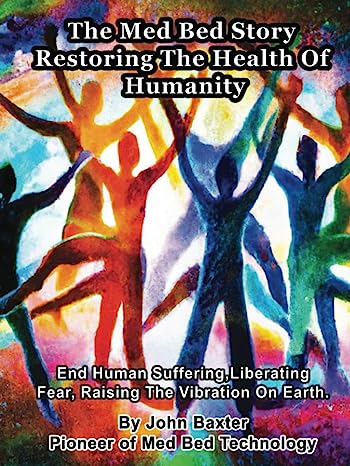Falling asleep quickly can be a challenge for many, especially in today’s fast-paced world filled with stress and distractions. However, understanding how to fall asleep faster can significantly improve your overall health and well-being. This article delves into effective strategies to help you achieve a speedy slumber, ensuring you get the restful sleep you need.
Understanding the Importance of Quick Sleep Onset
Falling asleep faster is crucial for maximizing the benefits of sleep, including improved memory, better mood, and enhanced physical health. A consistent and restful sleep routine can also reduce the risk of chronic health issues such as obesity, heart disease, and diabetes.
Proven Strategies to Fall Asleep Faster
1. Establish a Consistent Sleep Schedule
- Routine: Going to bed and waking up at the same time every day helps regulate your body’s internal clock, making it easier to fall asleep and wake up naturally.
- Consistency: Stick to your sleep schedule even on weekends to maintain your body's rhythm.
2. Create a Relaxing Bedtime Routine
- Wind Down: Develop a pre-sleep routine that helps you relax, such as reading a book, taking a warm bath, or practicing gentle yoga.
- Avoid Stimulants: Steer clear of caffeine and nicotine in the hours leading up to bedtime, as they can interfere with your ability to fall asleep.
3. Optimize Your Sleep Environment
- Comfortable Bedding: Invest in a good mattress and pillows that provide adequate support and comfort.
- Dark and Cool: Ensure your bedroom is dark, quiet, and cool. Use blackout curtains, earplugs, or a white noise machine if necessary.
- Electronics: Keep electronic devices out of the bedroom to avoid blue light exposure, which can disrupt your sleep cycle.
4. Mind Your Diet
- Balanced Meals: Eat a balanced diet throughout the day and avoid heavy or rich foods close to bedtime, as they can cause discomfort and indigestion.
- Light Snack: If you’re hungry before bed, opt for a light snack that includes sleep-inducing nutrients like tryptophan, found in foods like turkey, nuts, and seeds.
5. Practice Relaxation Techniques
- Breathing Exercises: Deep breathing exercises can help calm your mind and body, making it easier to drift off to sleep. Try the 4-7-8 breathing technique: inhale for 4 seconds, hold for 7 seconds, and exhale for 8 seconds.
- Meditation and Mindfulness: Incorporate meditation or mindfulness practices into your bedtime routine to reduce stress and promote relaxation.
6. Stay Active During the Day
- Regular Exercise: Engaging in regular physical activity can help you fall asleep faster and enjoy deeper sleep. Aim for at least 30 minutes of moderate exercise most days of the week.
- Timing: Avoid vigorous exercise close to bedtime, as it can have a stimulating effect.
Advanced Techniques for Speedier Sleep
1. Progressive Muscle Relaxation
- Technique: This involves tensing and then slowly relaxing each muscle group in your body, starting from your toes and working your way up. This method helps reduce physical tension and promote sleepiness.
2. Visualization
- Imagery: Use guided imagery or visualization techniques to create a calming mental picture. Imagine yourself in a peaceful setting, such as a beach or a quiet forest, to help distract your mind from stressors and induce sleep.
3. Biofeedback and Sleep Apps
- Technology: Utilize biofeedback devices or sleep apps that track your sleep patterns and provide insights on how to improve your sleep hygiene. These tools can offer personalized recommendations based on your sleep data.
Conclusion: Achieving a Speedy Slumber
Implementing these proven strategies can help you fall asleep faster and enjoy more restful sleep. By establishing a consistent sleep schedule, creating a relaxing bedtime routine, optimizing your sleep environment, and incorporating relaxation techniques, you can improve your sleep onset and overall sleep quality. As you experiment with these methods, you’ll find what works best for you, paving the way for better health and well-being through speedy slumber.




